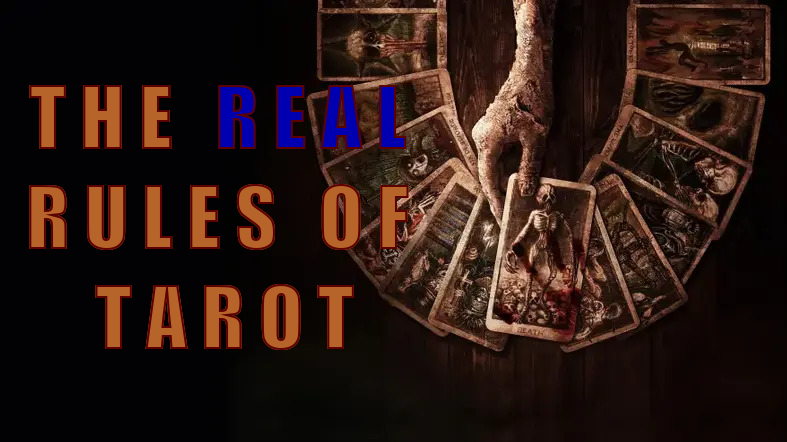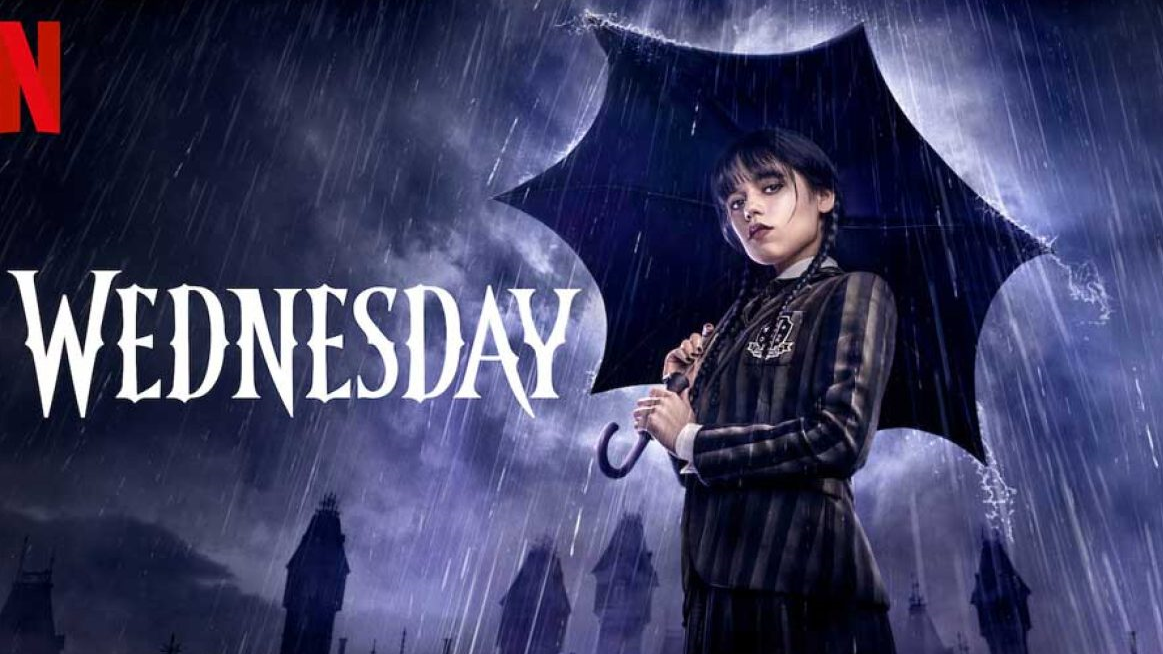THE HUNGER GAMES (2012) Movie Review

Jesus’ life and teachings were viewed in his time as a revolutionary and provocative. Where His people wanted war he taught peace. Where they were rebellious against the Romans, He taught obedience. Where they wanted violent justice, he taught mercy. He was not afraid of popular opinion, which made a big impression on the leaders of Israel, both religious and governmental. They killed Him for it. However, despite the Romans’ best efforts to end Christ’s influence, He emerges from the grave alive and triumphant.
Katniss was the same way in Hunger Games. She too was a revolution to all the Districts of the Capitol. And she too turned many heads. It began as an attempt to save her Primrose’s life and ended as a legacy that shook the Capitol to its core. She never expected to survive the games, let alone to win them. It was a desperate attempt to keep her sister alive.
She was peaceful and selfless, even throughout the game. Note how she never murdered a single person. At the start of the games, she resisted the urge to take the bow and arrows and acquired a survival pack instead. It kept her alive. She fought to keep her friends, Rue and Peeta, alive at risk of her losing her own life.
She was also a beacon of hope for the Districts. The Capitol used games to strike fear into the Districts to prevent another uprising. More importantly, they provided hope that is more powerful than fear. What the President fails to take into account is that hope is not a tool for control.
Hebrews 6:18-19 says, “We who have fled to take hold of the hope offered to us may be greatly encouraged. We have this hope as an anchor for our soul, firm and secure.” (NLT)
He also underestimated Katniss’ capacity for love and mercy. When Rue dies, her grief and anger spreads to District 11. The results contrast the Capitol’s intentions. Where they wanted to control the people, Katniss’ influence inspires another uprising; and despite they’re best attempt to end her life, she emerges alive and triumphant.
In light of the Easter weekend, I would encourage is to remember Christ’ selfless love. He loved us enough to suffer and die to save all the Districts of the world.



